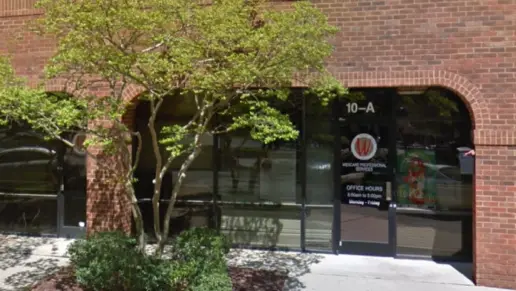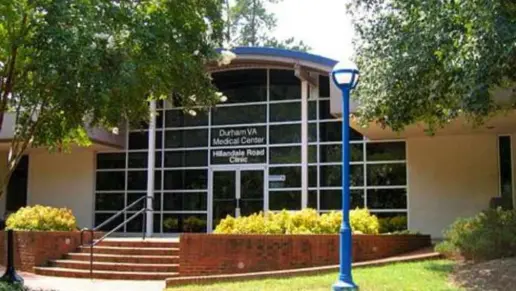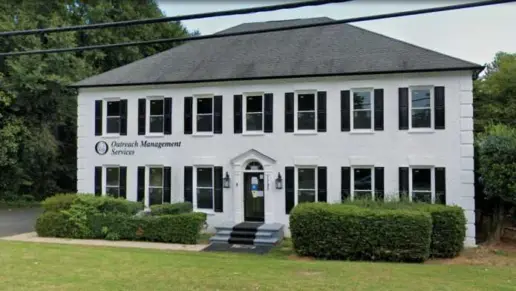About Absolute Advocacy
Absolute Advocacy in Charlotte, North Carolina, is a community focused organization that provides a range of services to adults, teens and pregnant women who are experiencing struggles with substance use. They have a dedicated substance abuse program that includes standard outpatient and intensive outpatient treatment. You’ll also have access to DUI assessments and DUI classes if you are navigating drug related legal challenges.
You’ll find specialized recovery programs here that fall under their substance use services. There are dedicated programs for teens, college students and young adults. There are 21 specialized programs here allowing you greater access to appropriate care for your needs.
You’ll also find a substance abuse program for employees and professionals. Priority is given to pregnant and nursing mothers. Depending on your circumstances, you’ll be supported by either a short term substance abuse counseling program or a long term treatment program.
Substance abuse assessments are provided, and you’ll work with a qualified counselor to determine which treatment plan will best serve you. Your treatment plan will include a combination of individual and group counseling sessions, both of which utilize evidence based approaches including cognitive behavioral therapy. There’s also drug testing and screening along with alcohol and drug education.
There are various drug education classes including DUI classes and an alcohol and drug education training school. These supports can help drivers who are convicted on a drug related charge rebuild their standing so driving privileges can be reinstated.
Latest Reviews
Rehab Score
Gallery
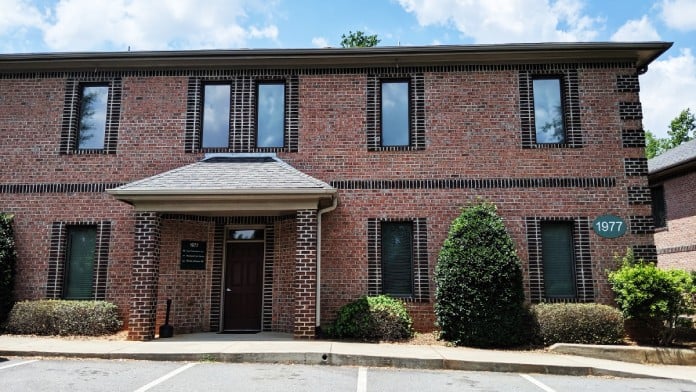
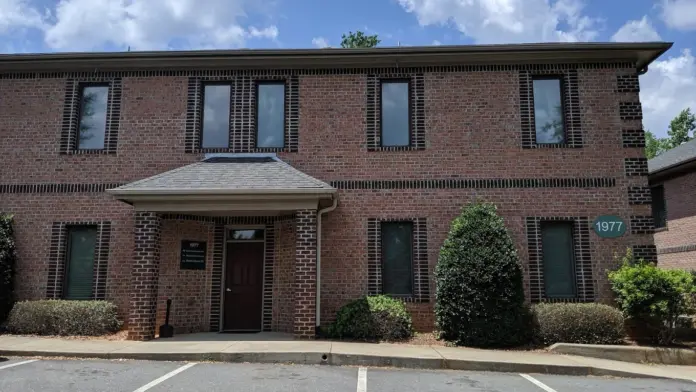
Location
Other Forms of Payment
Private insurance refers to any kind of healthcare coverage that isn't from the state or federal government. This includes individual and family plans offered by an employer or purchased from the Insurance Marketplace. Every plan will have different requirements and out of pocket costs so be sure to get the full details before you start treatment.
Self-pay involves paying for treatment out of your own pocket. You can use savings or credit, get a personal loan, or receive help from family and friends to fund your treatment. If you don't have insurance or your insurance plan doesn't cover a specific program, self-pay can help ensure you still get the care you need.
Medicaid is a state based program that helps lower-income individuals and families pay for healthcare. Medicaid covers addiction treatment so those enrolled can use their coverage to pay for rehab. When a program accepts Medicaid the client often pays very little or nothing out of their own pocket.
Military members, veterans, and eligible dependents have access to specific insurance programs that help them get the care they need. TRICARE and VA insurance can help you access low cost or no cost addiction and mental health treatment. Programs that accept military insurance often have targeted treatment focused on the unique challenges military members, veterans, and their families face.
Addiction Treatments
Levels of Care
Programs



Clinical Services
Clients who receive cognitive behavioral therapy in North Carolina typically attend five to 20 sessions. During this time, they work with their therapist to learn healthier patterns of thinking, which can help them change their behavior related to substance use.
Men and women enjoy a supportive environment within group therapy sessions for drug and alcohol addiction treatment. You can share your experiences and build connections with your peers while receiving encouragement from individuals who have faced similar challenges.
You usually develop a strong bond with your therapist during individual therapy sessions. This helps you explore the underlying causes of your substance use in a safe and nonjudgmental environment. Therapists help you develop effective coping strategies you can use in the community and improve your self awareness so you understand your addiction triggers.
If you're struggling with insecurity about your ability to make changes in your life, motivational interviewing in North Carolina could be a good solution. This type of therapy offers support and empowerment to help you explore your options and decide how to move forward with positive changes.
Family therapy sessions address the emotional toll that addiction has had on the family unit and individual members. Therapists work with families to develop better coping strategies, which in turn create a stable environment for their loved one's recovery process.
Staff & Accreditations
Staff
Founder & Clinical Director
Founder & Administrative Director
Accreditations

State Licenses are permits issued by government agencies that allow rehab organizations to conduct business legally within a certain geographical area. Typically, the kind of program a rehab facility offers, along with its physical location, determines which licenses are required to operate legally.
State License: North Carolina
Contact Information
1923 J N Pease Place
Suite 102
Charlotte, NC 28262
Rehab in Cities Near Charlotte
- Concord, North Carolina
- Gastonia, North Carolina
- Rock Hill, South Carolina
- Huntersville, North Carolina
- Hickory, North Carolina
- Mooresville, North Carolina
- Monroe, North Carolina
- Salisbury, North Carolina
- Cornelius, North Carolina
- Statesville, North Carolina
- Fort Mill, South Carolina
- Shelby, North Carolina
